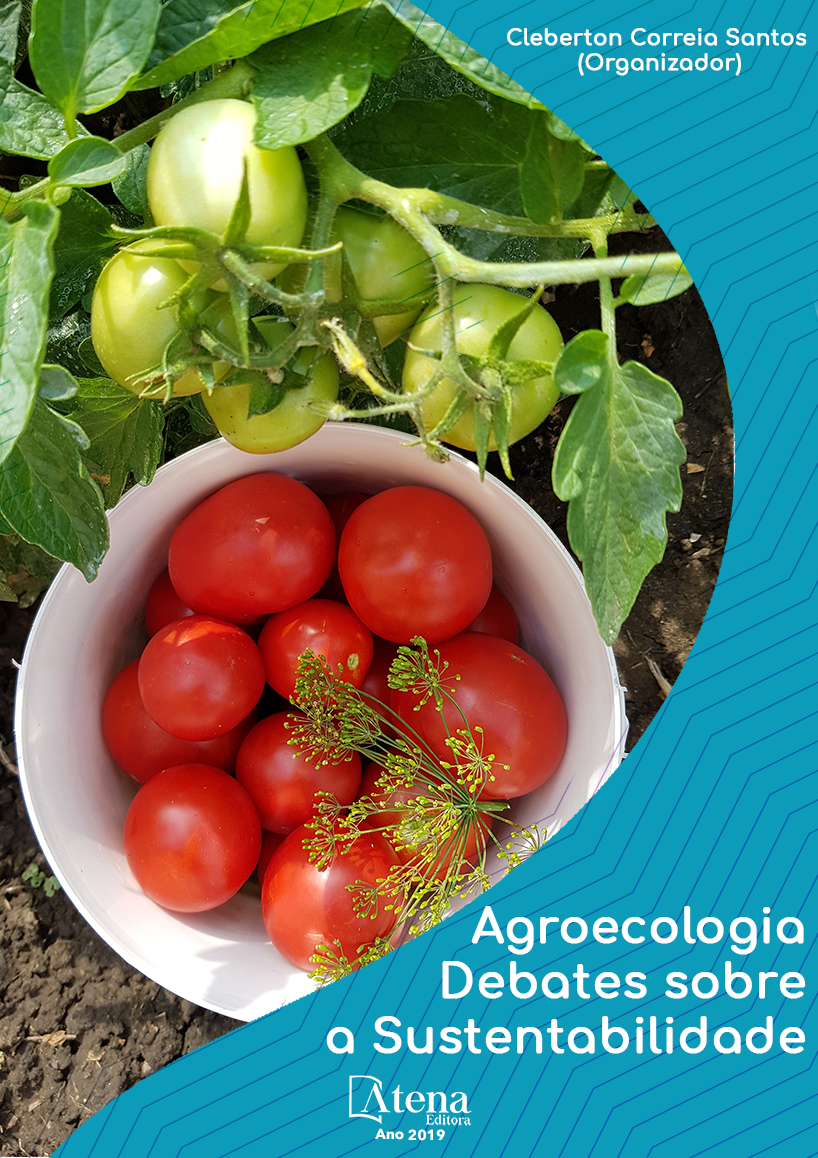
GESTÃO COMPARTILHADA DA COMERCIALIZAÇÃO SOLIDÁRIA DE ALIMENTOS
Este relato enfoca as experiências
educativas de um projeto que apoia melhorias
na comercialização de alimentos de agricultores
familiares em Alegre, Espírito Santo, com atuação
no PNAE (Programa Nacional de Alimentação
Escolar) e na Rede de Comercialização
Solidária. A metodologia utilizada pelo projeto foi
baseada no princípio da “gestão compartilhada”
da comercialização solidária. As experiências
foram analisadas nas perspectivas teóricas da
construção social dos mercados e da transição
para as práticas agroecológicas. Uma das
conquistas foi a atuação do Sindicato dos
Trabalhadores Rurais como protagonista na
gestão do PNAE, o que trouxe grandes avanços
quanto à variedade de alimentos, número de
agricultores(as) participantes e total ofertado.
Outra foi a criação da referida Rede, a partir do
projeto. Os desafios principais são: conseguir
que as associações assumam plenamente a
gestão compartilhada; enfocar mais a adoção
de práticas agroecológicas nos sistemas de
produção; e realizar um trabalho de educação
alimentar nas escolas.
GESTÃO COMPARTILHADA DA COMERCIALIZAÇÃO SOLIDÁRIA DE ALIMENTOS
-
DOI: 10.22533/at.ed.9931924076
-
Palavras-chave: comercialização; agricultores(as) familiares; organização social.
-
Keywords: commercialization; family farmers; social organization.
-
Abstract:
This report have focus
in the educational experiences of the
project that supports improvements in the
commercialization of food from family farmers
in Alegre, Espírito Santo, Brazil, acting in the
PNAE (National School Feeding Program,
of brazilian federal government) and in the
Solidarity Commercialization Network. The
methodology used in the project was based on
the principle of shared management of solidarity
commercialization. The experiences were
analyzed in the theoretical perspectives of the
Agroecologia Debates sobre a Sustentabilidade Capítulo 6 60
social construction of the markets and the transition to agroecological practices. One of
the achievements was operation of the Labor Union of Rural Workers as a protagonist
in the management of the PNAE, which brought great advances in the variety of food,
number of participating farmers and total of food offered. Another was the creation of
this network from the project. The main challenges are: ensure that the association
assumes fully the shared management; to focus more on the adoption of agroecological
practices in production systems; and carry out nutrition education in schools.
-
Número de páginas: 15
- Joana, Erica e Lucas
- Haloysio Mechelli de Siqueira


